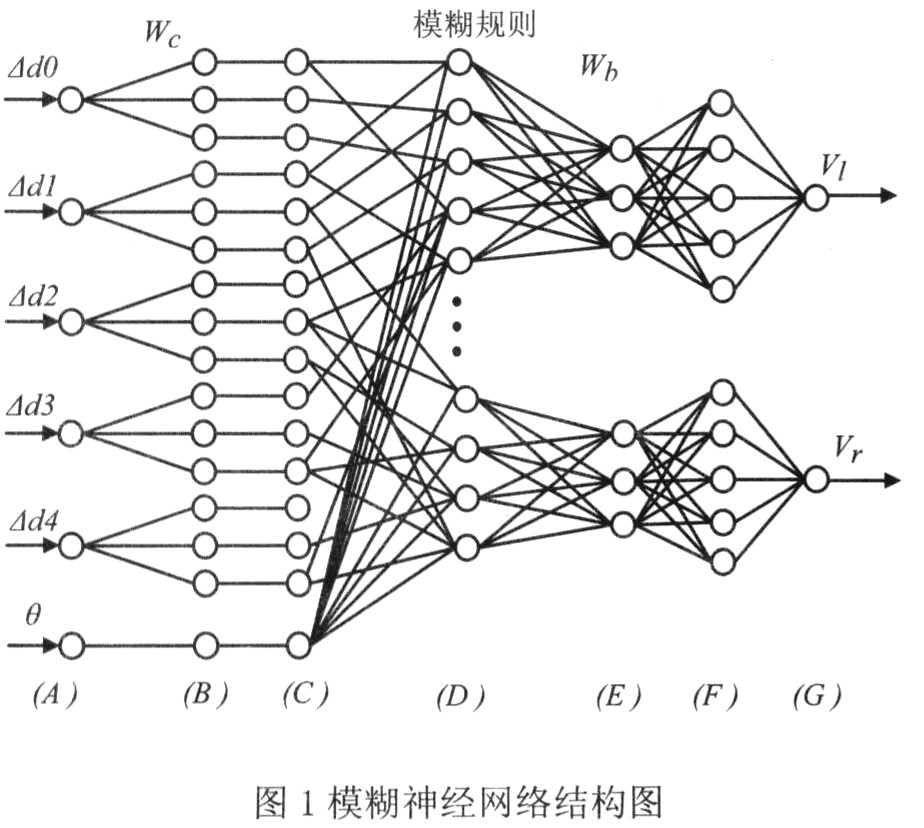ON IMPARTIALITY.
Difference is what creates a rate of change. No difference means no dynamics, and no life. This is why our eyes as they process images, they recognize change, identify patterns, and categorize the processed images. No difference means no pattern recognition. The same applies to hearing and the other senses. During pattern recognition, humans develop stereotypes based on categories such as race, color, ethnicity, nationalism, amongst other attributes that define “difference”. It is this difference that helps the person develop an identity, relative to others. This difference “drives” behavior, and may cause prejudice. This difference also produces competition.
The job of religion is to minimize this difference, it is to teach “impartiality” where recognized patterns of difference are downplayed by defining higher points of commonality (shared values.) This reduces the perceived rate of change, and results in peace – in theory.
In practice, religion, as a new pattern, in and by itself causes a new difference, this leads to additional labeling (Label Theory.) Muslim vs Christian, good vs evil labels, etc. In processing religious images and messages, humans always look for patterns of difference, to define “distinct” or different identity. Humans are not designed to look for points of commonality, otherwise less difference (less competition) is the result. Commonality is less exciting.
While all religions espouse impartiality and equality, in practice they produce partiality, bias, and injustice. More wars were fought in the name of religion than in any other attribute of difference.
Impartiality, coupled with force / power, leads to war and injustice, as powerful Impartiality imposes its position on others (through media, war, etc.) The USA is case in point today.
The lesson here, impartiality is there by design, and balance of power between competing players is the only way to keep the peace. Defining global human values can help keep the difference in check. Otherwise, strongly actuated difference have to be dealt with either by direct confrontation (war/conflict), or implicit competition (cold war.) There will always be winners and losers. Welcome to difference, welcome to life on earth!

Read More






Recent Comments